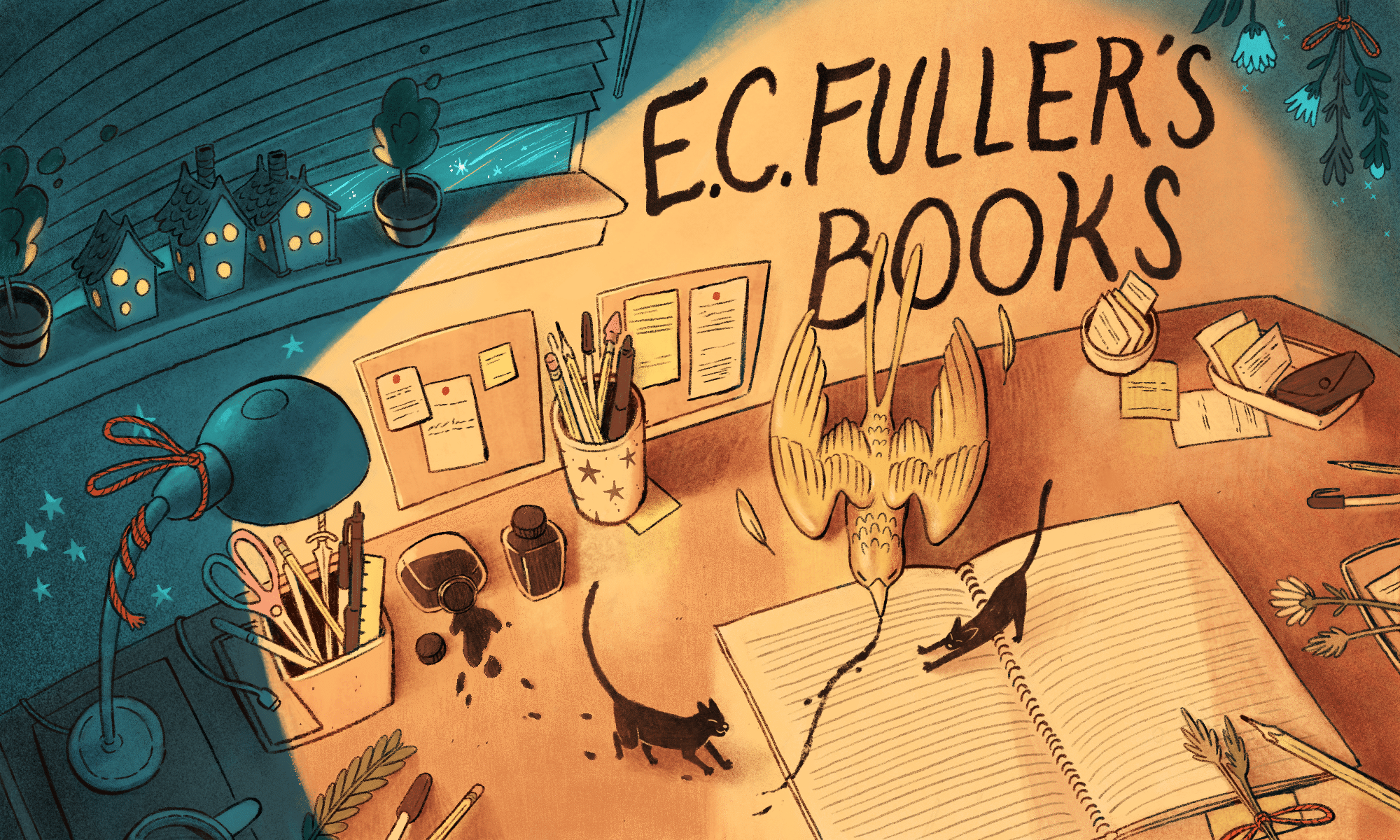Hello friends,
I used to believe that writing for an audience betrayed my authentic self (whatever that was). I was lucky, but also just a little screwed, to have wonderful teachers who encouraged me to write however I wanted, instead of reports on books you have to read for English class, with prompts like, “What is the symbolism behind Johnny shooting his dog?”, usually in that god awful five-paragraph style. Writing was the most fun when I didn’t have to worry about what someone else thought about my Goose Game fanfiction. I didn’t have to worry about people rejecting my stories.
But I was an ambitious kid. One who ached to prove that she was as good as she thought she was. I joined workshops and school papers. Sometimes I bombed but kept at it. Writing for other people, I thought, would kill my natural, effervescent, untamed, unique writing style.
But I still liked writing, even if I liked writing for others a little less. This led me to jobs writing. When you write for your job, you quickly learn that writing is good or bad depending on the needs, wants, and expectations of the audience. Ads are a snap to write when you know what businesses expect an ad to do: Show the consequences of buying and not buying the product. Buy a washing machine that plays a little jingle when it’s done. Or, suffer the lip-curl of the hostess as you strut into a soiree, encrusted in filth.
But what do audiences expect from fiction? The meaning of Johnny blowing the brains out of his Pekinese. Theoretically, homework is meant for kids to prove that they understand what great stories do: they show the consequences to our humanity by choosing one path over the other1. Shoot the scrap of bark and fluff, or let it live to bite you.
But I thought expectations were satisfied by writing mechanics, not story—about the medium, not the content—and focused on writing beautiful, but empty sentences. But as the years passed and rejections filled my inbox, I realized that my writing felt thin and dull. I didn’t like anything I wrote, and I didn’t know how to write stuff that I liked.
So I did what I usually do when I felt like crap. I turned to the books that made me want to be a writer. Ray Bradbury’s short stories, Harry Potter, the many trilogies of Middle Grade fiction. But I also turned to new inspirations, Junot Diaz, Ted Chiang, Ann Carson, Italo Calvino, and in them I felt found, seen, and spoken to. They knew that each sentence changes the perceptions of the ones that came before it and the expectations of the ones that come after. They knew what was going on in the world and responded to it. They knew what readers whisper to themselves when they’re alone and answer them. In other words, they were extremely aware of how readers read and what they expect.
So I wrote a story about what would happen if I controlled everyone whose name was the same as mine. Which you can read here. And I tried to be honest about why I found the idea so appealing. I feel like I spy on life, and I write like I’m talking to myself, hoping to be overheard. (And publishing, I suppose, is talking loudly to yourself near the table where the editors brunch). I guess I was trying to work out what exactly I needed. I talked to myself because I needed someone to talk to me. It led to my first publication in a literary magazine.
It was a year before I had another story accepted. I tell myself that it’s because I mostly write novels, not short fiction. Really, nobody published me again because I still had the problem I had before I was published. When the author doesn’t worry about the audience, reading is less fun for the readers. Readers want to know the things you’re afraid to say aloud, what you’re afraid to admit to yourself, the weird, the whacky, and the wonderful. Writing for others boomerangs back to you. When you learn what readers like to read, how they read, you learn to put names to things that you like when you read, but didn’t know was a thing. You can then consciously work those things into your writing. It’s fun to understand, “Oh, that’s how Great Writer did that.” It’s amazing to get a reader to respond to your work. You learn what matters to you by writing for other people.
While there are many, many writers who write for themselves alone, and somehow make it, more often than not you become somebody who writes just to hear their own voice. Worse, you get stuck in only writing for yourself. Why? Because nobody wants to talk to you, because they get nothing out of it. Until I realized that writing what I liked AND conveying it in an vivid, intelligent, fun, and most importantly, understandable ways was what readers wanted, I was only ever accidentally good.
Let’s not pretend we do this for others and be honest with ourselves. Of course we write for ourselves.
We need to be understood. We may not care to be understood, or feel that our inner lives are too complex or weird or bad to be conveyed, but we need it. Yet, we don’t do enough of the work of making ourselves clear. The logic of why we are who we are and the importance of our thoughts, emotions, and lives to others is not self-evident or a given.
Let this blog post be the voice in your head that replies when you ask yourself whether you should consider the audience: what are the consequences?
E. C. Fuller
1The Fragility of Goodness, by Martha Nussbaum
